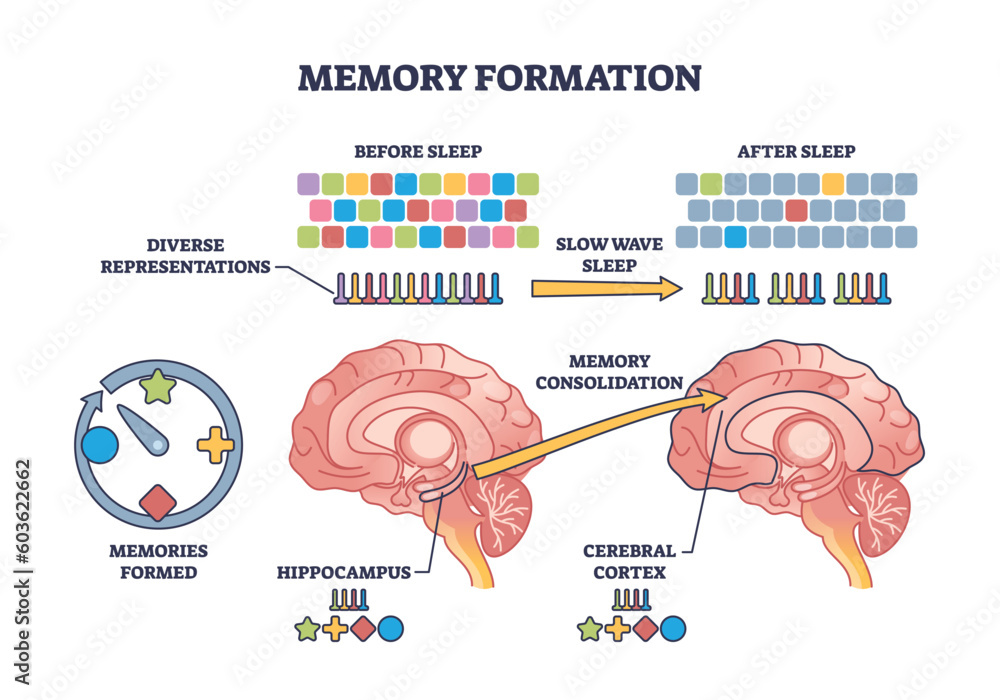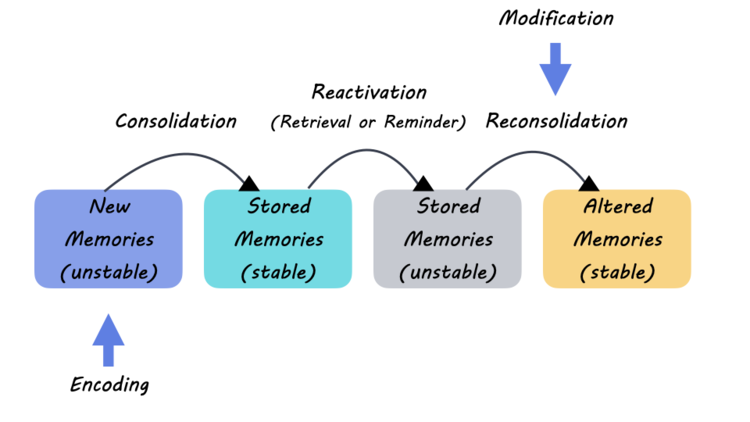Self-deprecating humor is a unique form of comedy that not only invites laughter but also offers profound benefits for mental health. By embracing the art of taking yourself less seriously, you can create connections and diffuse tension in various social situations. This type of humor reflects a certain level of self-awareness and psychological resilience, allowing individuals to cope with the pressures of life while maintaining a sense of relatability. Research indicates that humor benefits extend beyond just laughter; they can improve emotional regulation and foster healthier relationships. Ultimately, learning to laugh at our own imperfections not only enhances our wellbeing but also signals to others that it’s perfectly fine to be human and embrace our flaws with a smile.
Taking a lighter approach to life, often referred to as self-mocking humor, serves as a powerful tool for fostering camaraderie and emotional balance. This comedic style, which involves light-hearted jabs at oneself, can significantly enhance social interactions and contribute to personal growth. Many people find that engaging with humor in a self-aware manner helps to dismantle the barriers of pride and defensiveness. In fact, the psychology behind humor reveals that those who can recognize their vulnerabilities often exhibit greater confidence and openness. By nurturing this mindset, individuals not only alleviate their own burdens but also create a welcoming atmosphere for others to join in the laughter.
Understanding Self-Deprecating Humor
Self-deprecating humor is not simply about laughing at ourselves; it’s an invitation to throw off the burdens of perfectionism and connect with those around us. This form of humor has several positive benefits for mental health, as it encourages a lighter perspective during challenging moments. It allows individuals to express vulnerability and relates to the concept of taking oneself less seriously. By sharing a laugh about our flaws or mistakes, we not only ease our emotions but also facilitate a supportive atmosphere where others feel comfortable doing the same.
In psychology, the benefits of humor extend to fostering deeper social connections, reducing anxiety, and promoting resilience. When someone engages in self-deprecating humor, it often reveals a keen self-awareness and acceptance of their imperfections. This humility can signal confidence and likability, traits that often make individuals more relatable and approachable. It beautifully illustrates the psychological principle that humor can be a powerful tool for healing and connection, highlighting the significant role it plays in our daily interactions.
The Psychological Benefits of Humor
The psychology of humor reveals that laughter can have profound effects on both our mental and physical wellbeing. Engaging in humor, especially when it involves self-reflection, allows individuals to disengage from negative thoughts and combat feelings of low self-esteem. Research suggests that humor can create a buffer against stress and even enhance our coping mechanisms during difficult times. By choosing to laugh at ourselves rather than wallow in self-criticism, we not only uplift our mood but also foster a healthier mindset.
Moreover, humor has been identified as a beneficial tool during therapy sessions, particularly for those dealing with anxiety or depression. The ability to laugh at oneself can help break down barriers and open up new avenues for discussion. As clinical psychologists often incorporate humor during treatment, it serves to build rapport and comfort, illustrating that lightness can coexist with heaviness. The benefits of humor in therapy underscore the importance of self-compassion, demonstrating how laughter can be a bridge to understanding ourselves better.
The Fine Line: Humor and Self-Criticism
It is crucial to differentiate between self-deprecating humor and harmful self-criticism. While humor can be a healthy coping mechanism, extreme self-criticism can lead to a cycle of negativity that grows worse over time. Self-deprecating humor, when used appropriately, allows for a playful exploration of our flaws, while negative self-talk tends to reinforce feelings of inadequacy. This line is often blurred, as individuals may unintentionally mask their insecurities behind humor, seeking sympathy rather than connection.
The risk lies in using humor as a bid for attention or sympathy rather than genuine expression. It’s essential to reflect on our motivations when we resort to humor. Is it to lighten the mood, or are we hoping to draw out pity? Effective self-deprecating humor should feel liberating and relatable, not a cry for help. By striking this balance, we can enjoy the mental health benefits that humor provides while remaining mindful of our overall self-worth.
Self-Awareness Through Humor
Self-awareness is a critical component when navigating the use of humor in our lives. Understanding how we portray ourselves through laughter can reflect deeper insights about our emotional landscape. When we engage in humorous self-reflection, we are invited to explore our strengths and weaknesses in a compassionate light. This awareness allows us to communicate more authentically with others, creating shared experiences that resonate.
Humor fosters a space for introspection, prompting us to recognize the humor in our own shortcomings and the struggles we all face. By not taking ourselves too seriously, we cultivate an environment where others feel safe to join in. It can even act as a form of social glue, bringing people together through shared laughter about life’s absurdities. This aspect of self-awareness through humor reinforces the idea that we are all on a shared journey, discovering humor in the chaos.
Cultivating Connection with Humor
Humor serves as a powerful connector, creating bonds among individuals even in the most contentious of situations. When negotiating differences or conflicts, finding common ground through humor can diffuse tension and open channels of communication. This application of humor helps to remind us that despite our disagreements, we all have quirks and flaws we can laugh about together, creating a sense of unity.
Additionally, humor cultivates empathy and understanding by showcasing our shared vulnerabilities. In essence, when we make light of our own flaws, we signal to others that it is acceptable to express their own imperfections. This, in turn, can lead to building trust and fostering deeper relationships. The transformative power of humor can turn potential conflicts into moments of levity and understanding, reminding us of our shared humanity.
Cultural Perspectives on Humor
The perspective on humor can vary dramatically across cultures, impacting how we understand and engage with self-deprecating humor. In individualistic cultures, humor often focuses on personal flaws, fostering relatability and community among peers. This approach allows individuals to connect through shared vulnerabilities, creating a sense of belonging amidst the complexities of modern life. This cultural lens reflects the value placed on self-awareness and openness, allowing self-mockery to become a bridge for deeper connections.
In contrast, collectivist cultures may lean towards humor that involves poking fun at one another, promoting a different form of community participation. While it might seem more aggressive, this humor often stems from a place of bonding and familiarity, akin to teasing among siblings. Understanding these cultural nuances in humor and its application can enhance our appreciation of the diverse ways laughter can bring people together, highlighting the rich tapestry of human experience.
Laughter as a Resilience Tool
Laughter emerges as an invaluable tool for building resilience in the face of adversity. The ability to find humor in challenging situations helps us distance ourselves from stressors, allowing for greater emotional regulation and perspective. When faced with overwhelming challenges, those who can laugh often show a remarkable ability to adapt and cope, illustrating the deep connection between humor and survival.
In clinical settings, utilizing humor as a resilience-building strategy can significantly improve outcomes for those dealing with mental health issues. By reframing challenges through humor, individuals can reduce anxiety, improve mood, and enhance their overall well-being. This strategy emphasizes that while life presents serious hurdles, there is always room for laughter, showcasing human ingenuity in the face of life’s many trials.
The Role of Humor in Social Dynamics
Humor plays a vital role in shaping social dynamics by serving as a social lubricant that facilitates interaction and builds community. The lightheartedness that humor introduces helps to break down barriers and ease tensions, paving the way for more meaningful exchanges. In social gatherings, those who wield humor effectively can act as catalysts for dynamic conversations, drawing others in with relatable anecdotes and charming self-deprecation.
The ability to navigate social situations with humor also reflects emotional intelligence, as it requires awareness of social cues and the comfort levels of others. This skill allows for a balance between being engaging and respectful, making those around us feel included and valued. By harnessing the power of laughter, we can create environments that nourish connection, support, and understanding, reinforcing bonds among individuals.
Finding Balance with Humor
In our journey towards taking ourselves less seriously, finding the right balance is crucial. Too much self-deprecation can lead to self-sabotaging tendencies, while too little can foster an inflated self-perception. Striking this balance allows us to harness the benefits of humor without descending into the pitfalls of insensitivity or negativity. It’s essential to reflect on our humor and ensure it serves us positively, enhancing our mental health rather than detracting from it.
Balancing self-deprecating humor with self-acceptance promotes a healthier narrative around our imperfections. It reinforces the idea that we are all multifaceted individuals, replete with strengths and weaknesses. Embracing this nuanced view encourages us to laugh not out of self-derision, but rather as a celebration of the human experience. By achieving this balance, we can enjoy the richness of humor while fostering a positive relationship with ourselves.
Frequently Asked Questions
What are the mental health benefits of self-deprecating humor?
Self-deprecating humor can significantly enhance mental health by fostering resilience and improving emotional regulation. By taking yourself less seriously, you can reduce feelings of anxiety and depression. This humor promotes self-awareness, enabling individuals to reflect on their imperfections without harsh self-criticism. It also signals to others that it’s okay to be vulnerable, facilitating social connections and creating a supportive environment.
How can self-deprecating humor improve social interactions?
Self-deprecating humor enhances social interactions by breaking down barriers and making individuals more relatable. When you can laugh at your own flaws, you invite others to do the same. This approachability fosters connection and empathy, making it easier to navigate social situations. In cultures that value individualism, like in the West, this type of humor encourages group bonding and shared experiences, making conversations more enjoyable.
Can taking yourself less seriously help with stress management?
Yes, taking yourself less seriously can be an effective stress management tool. By using self-deprecating humor, you can lighten tense situations and diffuse emotional intensity. This technique allows you to reframe challenges in a more manageable way, contributing to better emotional clarity and perspective. When you adopt a humorous outlook, you signal to yourself that it’s okay to handle life’s difficulties with a lighter heart.
What role does self-awareness play in self-deprecating humor?
Self-awareness is crucial in effective self-deprecating humor. It involves recognizing your flaws and embracing them without resorting to harsh self-criticism. Individuals who use this humor wisely display a level of humility and confidence, as they openly acknowledge their imperfections. This self-awareness helps maintain a balance, allowing humor to be a source of connection rather than a plea for sympathy.
How does the psychology of humor relate to self-deprecation?
The psychology of humor underscores the benefits of self-deprecation as a coping mechanism. It encourages individuals to confront their insecurities in a light-hearted manner, fostering personal growth and emotional resilience. This allows people to navigate life’s absurdities while maintaining a healthy perspective, ultimately promoting mental well-being and enhancing social bonds through shared laughter.
What is the difference between self-deprecating humor and self-flagellation?
Self-deprecating humor is a light-hearted way of acknowledging one’s shortfalls, fostering connection and relatability. In contrast, self-flagellation involves harsh self-criticism that can lead to diminished self-esteem and negative emotions. The key distinction lies in intent: self-deprecating humor aims to lighten the mood and embrace vulnerability, while self-flagellation tends to perpetuate feelings of shame and inadequacy.
| Key Point | Description |
|---|---|
| What is Self-Deprecating Humor? | A category of humor that involves taking oneself less seriously, often seen as a sign of self-confidence and humility. |
| Health Benefits | Helps alleviate feelings of anxiety and depression, promotes connection, and allows for emotional regulation. |
| Cultural Context | Common in individualistic cultures, highlighting relatability and openness, unlike collective cultures which may poke fun at others. |
| The Importance of Balance | Taking yourself less seriously encourages better social connections and helps alleviate negative feelings. |
| Avoiding Pitfalls | Using humor as a bid for attention can be off-putting; it’s important to ensure humor is healthy and originates from a place of acceptance. |
Summary
If I took myself as seriously as my failed attempts at humor suggest, I might just end up in a comedy club instead of writing this. Self-deprecating humor is a refreshing reminder that not everything we do has to be perfect. By laughing at our own quirks, we can find common ground with others, ease awkward moments, and reduce the weight of our daily stresses. It’s a healthy way to foster connections while acknowledging our imperfections. So let’s embrace the absurdity of life; after all, if we can’t laugh at ourselves, who can we laugh at?







